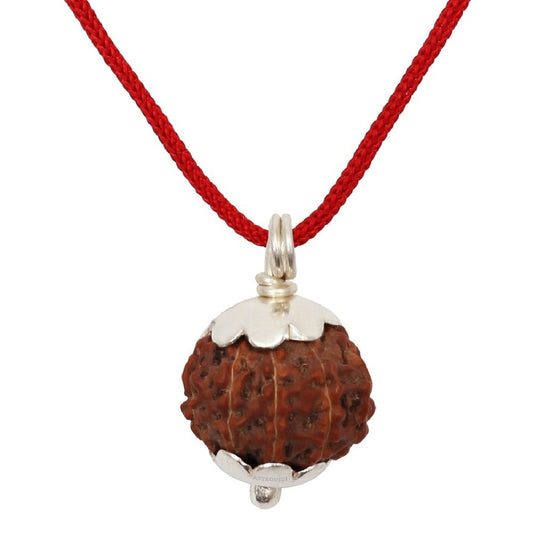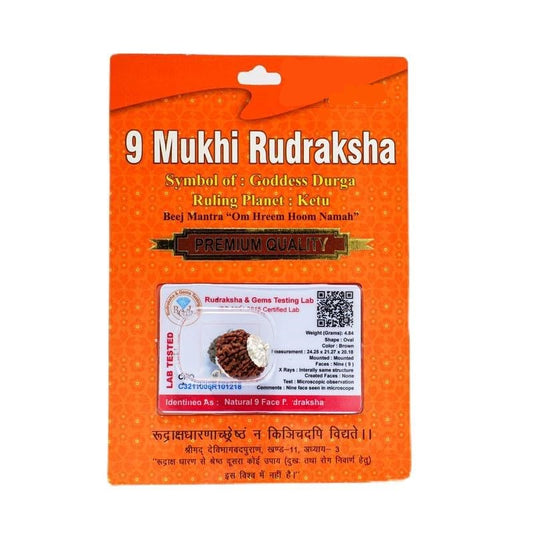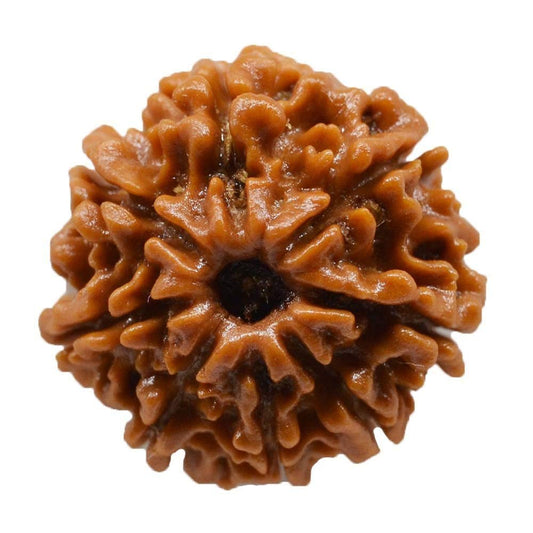Collection: shankh and conch shell
"Shankh" and "conch shell" are two terms often used interchangeably to refer to the same object. Both terms describe the shell of certain species of sea snails, particularly those of the Turbinella pyrum species, which are commonly found in the Indian Ocean and surrounding regions.
The shell of these sea snails is known for its distinctive spiral shape and is considered sacred in Hinduism. It is used in various religious ceremonies, rituals, and practices. Here are some key points about the significance and uses of the shankh (or conch shell):
-
Symbolism: The shankh holds significant symbolism in Hinduism. It is associated with various deities, particularly Lord Vishnu, whose conch shell is named "Panchajanya." The shankh symbolizes purity, auspiciousness, and the divine presence.
-
Religious Use: The shankh is an integral part of Hindu religious rituals and ceremonies. It is often blown as a trumpet during worship, puja (ritual offering), aarti (ritual of light), and other auspicious occasions. The sound produced by the shankh is believed to purify the environment and invoke divine blessings.
-
Ayurveda: In Ayurveda, the traditional system of medicine in India, the shankh is also believed to have medicinal properties. Drinking water stored in a shankh is thought to have cooling and detoxifying effects.
-
Symbol of Vishnu: In Hindu iconography, Lord Vishnu is often depicted holding a shankh in one of his hands, along with other sacred symbols such as the chakra (discus), gada (mace), and padma (lotus flower). The shankh represents the cosmic sound of creation and is associated with Vishnu's role as the preserver of the universe.
-
Varieties: There are different types of shankhs, each with its own characteristics and significance. The Dakshinavarti Shankh, for example, is considered particularly auspicious and is believed to bring prosperity and blessings when kept in the home.
Overall, the shankh (or conch shell) holds deep cultural, religious, and spiritual significance in Hinduism and is revered as a sacred symbol of divine presence and auspiciousness.





